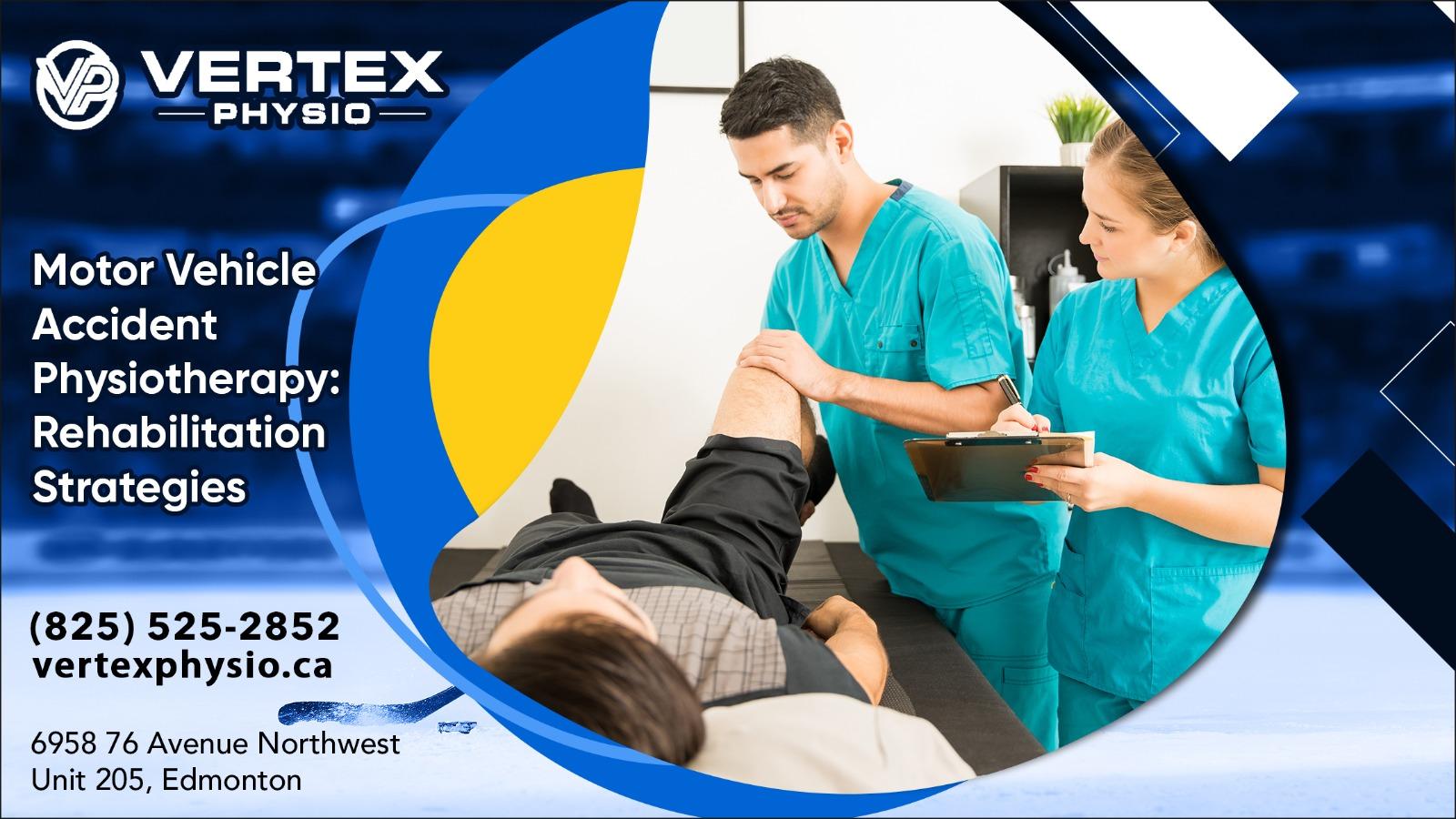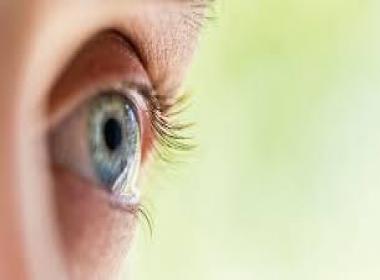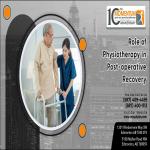Motor vehicle accidents, often unexpected and traumatic, can lead to a range of physical injuries, with whiplash being among the most common. For those in Edmonton and the surrounding areas, understanding the role of Motor Vehicle Accident Physiotherapy, especially services like those offered at Vertex Physiotherapy, is crucial for effective rehabilitation. This comprehensive guide delves into the strategies and approaches used in physiotherapy to help individuals recover from motor vehicle accidents.
Understanding the Impact of Motor Vehicle Accidents
Motor vehicle accidents can lead to a spectrum of injuries ranging from simple bruises and muscle strains to more severe conditions like whiplash, spinal cord injuries, and fractures. The physical impact can be accompanied by psychological effects, making a holistic approach to treatment essential.
Key Components of Motor Vehicle Accident Physiotherapy
Initial Assessment and Customized Plan
The first step in rehabilitation is a thorough assessment to understand the extent of the injuries. Based on this, a customized physiotherapy plan is developed, tailored to the individual's specific needs and recovery goals.
Pain Management Strategies
Managing pain is a priority, with techniques such as heat and cold therapy, manual therapy, and electrical stimulation used to alleviate discomfort and facilitate healing.
Mobility and Strength Restoration
Rehabilitation focuses on restoring mobility and building strength through targeted exercises. This is crucial for regaining function and preventing long-term disability.
Functional Rehabilitation
A critical component involves helping patients regain their daily functional abilities. This includes activities like walking, climbing stairs, or even returning to work and recreational activities. Functional rehabilitation often involves simulating these activities within the clinic setting before transitioning to real-world environments.
Cognitive and Emotional Support
Recognizing that motor vehicle accidents can also have a psychological impact, physiotherapy often includes support for cognitive and emotional challenges associated with the trauma. Techniques might involve relaxation exercises, mindfulness, and strategies to cope with anxiety or stress. This holistic approach acknowledges the mind-body connection in the healing process.
Balance and Coordination Training
After an accident, patients may experience issues with balance and coordination. Physiotherapists employ a variety of techniques and exercises to restore these essential skills, reducing the risk of falls and helping patients regain confidence in their physical abilities.
Ergonomic Assessments and Advice
Part of the recovery process may involve assessing the patient's home and work environments for ergonomic improvements. This can prevent future strain and promote a more conducive setting for recovery. Advice can range from simple modifications in seating arrangements to comprehensive workplace adjustments.
Scar Tissue Management and Mobilization
Following injuries that result in scarring, physiotherapy could be vital in managing and reducing scar tissue. Techniques such as soft tissue mobilization, stretching, and strengthening exercises are used to improve tissue elasticity and prevent long-term mobility issues.
Education on Injury Prevention and Management
Empowering patients with knowledge about their injuries, how to manage them, and how to prevent future injuries is a crucial element of physiotherapy. This includes teaching safe movement techniques, body mechanics, and strengthening exercises that patients can incorporate into their daily lives.
Whiplash Physiotherapy: A Focused Approach
Whiplash, frequently seen in rear-end vehicle collisions, happens when a sudden forward-and-backward motion forces the neck muscles and ligaments to stretch excessively.
This can lead to symptoms like neck pain and stiffness, headaches, dizziness, and sometimes blurred vision or fatigue.
The intensity of whiplash symptoms can greatly vary, with some people experiencing short-term pain while others endure chronic neck pain and persistent complications. So, it’s imperative that you seek immediate medical intervention after a motor vehicle accident. Physiotherapy interventions include:
- Neck Stabilization and Strengthening Exercises: Whiplash injuries require specific attention to the neck. Exercises are designed to strengthen neck muscles and improve stability, reducing the risk of future neck problems.
- Manual Therapy for Neck Mobility: Techniques like gentle massage and mobilization help to relieve neck pain and stiffness, gradually restoring the range of motion.
- Patient Education and Self-Management: Educating patients on how to manage whiplash symptoms and exercises they can perform at home is a key component of rehabilitation.
Rehabilitation Strategies for Various Motor Vehicle Accident Injuries
- Spinal Injuries: Tailored exercise programs and manual therapy, along with posture correction and ergonomic advice, are used to manage spinal injuries effectively.
- Limb Injuries: Rehabilitation for limb injuries includes strength training, joint mobilization, and functional exercises to restore normal movement and function.
- Soft Tissue Injuries: Techniques like soft tissue massage, ultrasound therapy, and specific stretching exercises are employed to heal soft tissue injuries.
- Traumatic Brain Injuries (TBI): Rehabilitation includes cognitive therapy to address memory, concentration, and other brain functions. Physiotherapy may focus on balance and coordination exercises, and occupational therapy can help with regaining daily living skills.
- Pelvic and Hip Injuries: Rehabilitation includes strength-building exercises, mobility training, and sometimes gait training. Pain management and gradual weight-bearing activities are crucial components of the recovery process.
- Spinal Cord Injuries: Depending on the severity, neurological rehabilitation for spinal cord injuries can range from mobility training and muscle strengthening to adaptive techniques for loss of function. Specialized equipment, like standing frames or wheelchairs, may be integrated into the therapy.
Comprehensive Care for Motor Vehicle Accident Recovery
Motor Vehicle Accident Physiotherapy Edmonton is an essential service for those recovering from vehicle-related injuries in this vicinity. Establishments like Vertex Physiotherapy offer expert care and tailored rehabilitation strategies. These services aid patients not only in recovering from their injuries but also in regaining self-assurance and returning to their everyday routines.
If you find yourself dealing with injuries following a motor vehicle accident, it's worth considering physiotherapy. Engaging in appropriate rehabilitation strategies can lead to a comprehensive and effective recovery.
Also read about:
Equilibrium Excellence The Essentials of Vestibular Physiotherapy
Best Furniture Shop in UAE
Contract Law Attorneys at Najla Law Firm
















